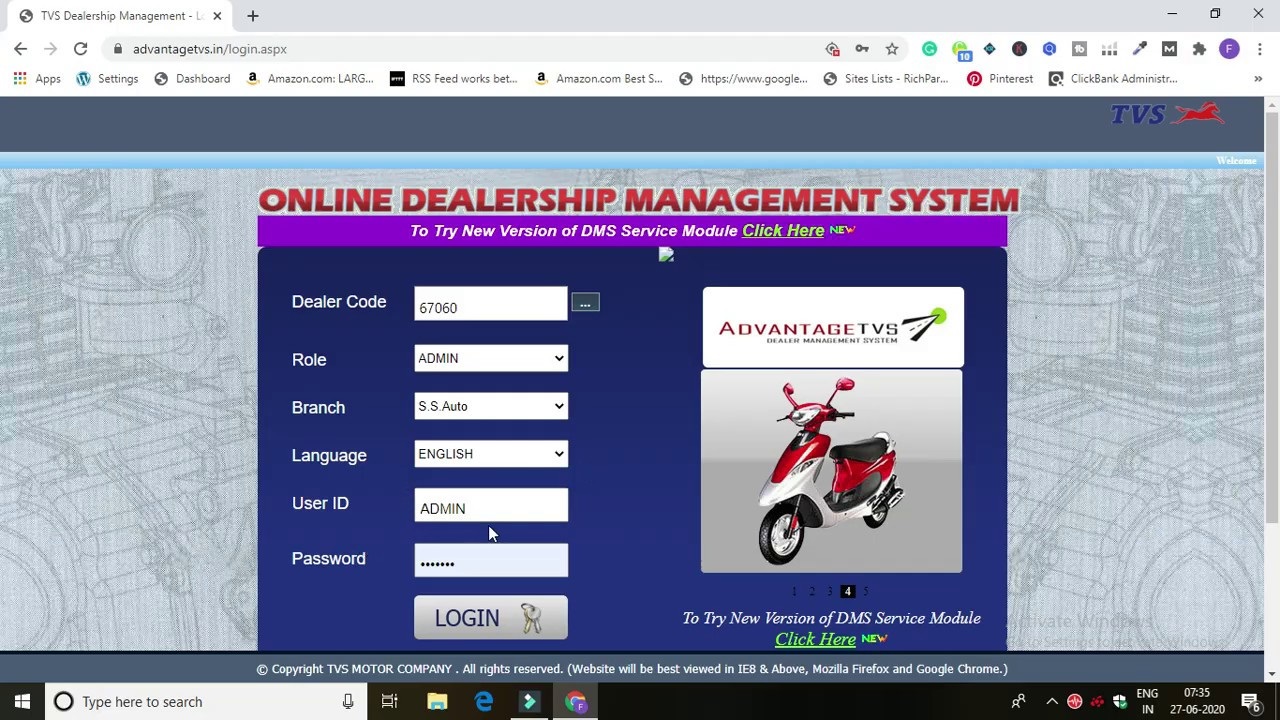
What materials can withstand the immense pressure of industrial tasks? How do industries ensure the safety and reliability of their operations when dealing with substantial loads? The answer lies in selecting the fitting tools and materials to handle heavy-duty work demands.
Wire rope emerges as a crucial component in heavy lifting and rigging operations. Its exceptional strength and durability make it the preferred choice for industries requiring secure and efficient load-bearing solutions. This article delves into the significance of this vital material in ensuring the success and safety of complex industrial tasks.
The Strength Behind the Construction
One of the primary reasons for the widespread use of wired rope in industrial tasks is its exceptional strength. Crafted from multiple strands of steel or other robust materials, this flexible yet incredibly tough material can withstand immense pressure. It is the backbone for numerous operations, where even a minor failure can lead to disastrous consequences. The intricate design of these cables ensures that it can bear heavy loads without compromising on safety, making it an irreplaceable component in industrial settings.
Ensuring Safety and Stability
Safety is prominent in any industry, especially when dealing with large-scale operations. Wired rope’s inherent stability is a key factor in its selection for tasks that involve moving substantial weights. Its ability to maintain tension and resist deformation under extreme conditions ensures that loads are moved securely. This characteristic not only prevents accidents but also extends the lifespan of the equipment, thereby reducing operational costs. Whether in construction, maritime, or mining, the reliability of these ropes is unmatched.
Versatility Across Industries
Their versatility is another reason they are highly valued across various sectors. From construction sites to maritime operations, it finds applications in many tasks. In construction, it is used for hoisting materials and supporting structures, while in the maritime industry, it is employed in anchoring and mooring ships. The adaptability of this material allows it to meet the precise needs of different industries, making it an essential tool for professionals.
Key Applications:
- Construction: Hoisting and supporting structures.
- Maritime: Anchoring and mooring vessels.
- Mining: Securing and transporting materials.
Resisting Environmental Challenges
Industries often operate in harsh environments where materials are exposed to elements like moisture, salt water, and chemicals. Steel’s resistance to corrosion and environmental wear makes it suitable for use in such challenging conditions. The corrosion-resistant properties of certain variants, especially those coated or made from stainless steel, ensure that they remain effective even in the most demanding environments. This durability is necessary for maintaining the integrity of operations, regardless of external factors.
Enhancing Efficiency in Operations
Efficiency is a critical consideration in industrial operations, and using these ropes significantly enhances operational efficiency. Its strength allows for the movement of larger loads in a single operation, reducing the time and effort required. Its flexibility makes handling easier, speeds up tasks, and minimises downtime. The ability to resist repeated use without losing its strength or flexibility also means that industries can rely on them for long-term use, further contributing to overall efficiency.
Wire rope is more than just a tool; it is an essential component that underpins the success of numerous industries. Whether in construction, maritime, or mining, the role of wired ropes is vital to ensuring safe and efficient operations. As industries evolve and demand more from their equipment, the importance of high-quality materials like this will only grow, solidifying its position as an indispensable resource.







